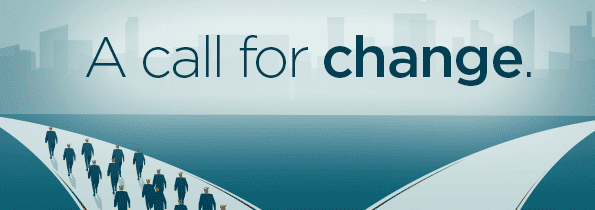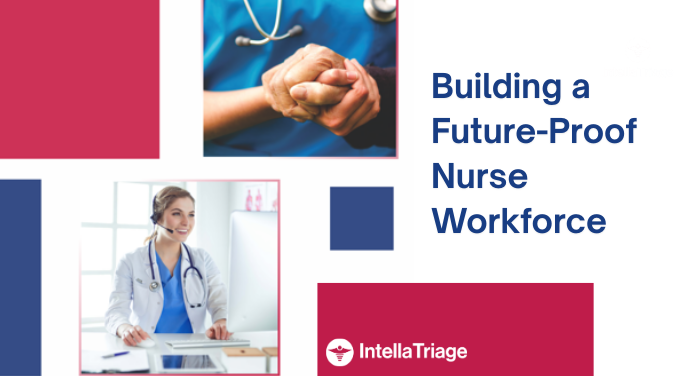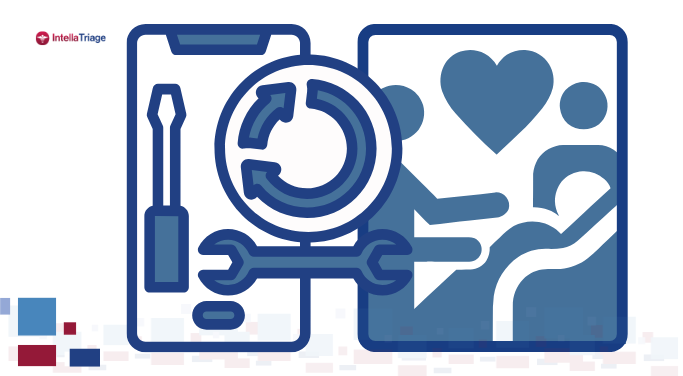Medical Call Centers and Medical Answering Services Are Not The Answer
According to the Centers for Medicare and Medicaid Services the average person in the United States spends about $10,000 per year on medical care. And with the increasing population moving into the Medicaid enrollment age the growing need for healthcare workers continues to escalate with nearly 1,000,000 new nursing and physician jobs being added in 2017 continuing the increasing demand for more, on-demand patient care. Medical Call Centers and Medical Answering Services were seen as part of the solution, but they are no longer the answer.
As physician groups, hospitals, long-term care, ACOs, home care and hospices struggle to manage this high patient demand medical call centers are being seen as the new tool to help meet the increase requirement for providers to provide more care 24 hours a day. With better, more available patient health information, larger patient populations and more defined care plans increasing the stress on healthcare administrative staff it’s imperative that they find more efficient ways to address patient inquiries around the clock to help provide the best care possible when patients need it and in a manner that is convenient for them.
So, how do Medical Call Centers and Medical Answering Services enhance patient care? The answer is they don’t. You need to look to the new model in medical call centers. Triage-based patient engagement centers.
Patient Satisfaction
How can you determine if your patients are satisfied with your healthcare services? Many providers attempt to track patient satisfaction through surveys but few have looked to data to determine if patients are truly looking to their care and advice to help them through their care episode. What we have learned over many years is that patients tend to go to the ER when they have lost confidence in the care advice their primary care givers provide. When patients need to have care provided after hours or on the weekends this course of action by patients is often times what happens. Through medical centers, that are staffed by licensed nurses only, patients can now how have the right medical advice when they need it to help them avoid unnecessary ER visit, thus exceeding their expectations and satisfaction with the provider. But this model only works when you use a medical call center that goes beyond simple message taking and notification (no matter how sophisticated their methods may be with mobile apps or text messaging). Your medical call center must only use licensed nurses as the first line of defense in order to help patients around the clock and thus lessoning the burden on your primary care givers. Read our blog on how the old medical call center models are costing you.
Standard Medical Call Center Functions Are Still Important
With care delivery and quality still being the number one priority, healthcare providers still need to dedicate significant resources to set, confirm and change patient office appointments and deliver key messages to staff when needed on and off hours. To help with this resource intense process, medical call centers can still provide valuable administrative functions with a focus on care. Having licensed nurse staff be the first line of defense for these types of tasks not only improves your patient experience by providing care driven advice, even for setting appointments, to help with unnecessary office visits, refilling prescriptions or providing referrals or ordering durable medical equipment they can help solve many patient issues without ever having to contact your daytime staff.
Patient Medical Data and HIPAA Compliance
Your medical call center partner must make HIPAA compliance a core part of their services and solutions. When HIPAA was initially implemented in the late 1990s, the law’s primary focus was directed toward the “portability” on health insurance plans, regardless of a patient’s employer. While still important, recent focus has shifted on patient health information. Keeping this data secure yet accessible is a challenge for many hospital call centers.
A provider’s medical call center must not only be able to handle a variety of tasks like setting appointments, charting in the EMR (electronic medical record), following the providers customized care directives and protocols, but need to provide a level care that has been ignored by most medical call centers today with little to no experience in HIPAA compliance and patient data management. When medical call centers staff with non clinical personnel there is little to no value in their message taking services, the new medical call center model must 1) focus only on healthcare, 2) have experience with multiple EMRs as well how to properly chart in the patient record 3) provide compassionate care with every type of call and 4) understand the continuity of care requirements needed with today’s patient consumers.
The New Medical Call Center Model – Nurse Driven Care For Every Call
For these reasons and many more, your healthcare organization needs a nurse driven model that is reliable, scalable and flexible to handle every patient call. IntellaTriage’s medical call center model brings a custom, nurse-only driven platform to handle today’s increasing care demand and patient satisfaction needs.
To learn more about our complete line of medical call center services, contact us today to start a conversation.
Contact Us for a Consultation
Ready to optimize your triage process? Reach out to us today for a consultation tailored to your needs. Let’s elevate your patient care together.
More From The Blog
In hospice and home health, nurses are the lifeline of care. But with higher acuity in the care-at-home patient population, mounting documentation demands, and a growing aging population, field nurses are stretched thin. The stakes are high for today's care delivery, but for the future of the profession itself. Persistent Post-Acute Trends Worth Paying Attention [...]
In 2008, IntellaTriage was founded from a deeply personal experience. Our founder, Suzi Meschbach, saw firsthand how fragmented after-hours nurse triage care could impact not only patients in hospice and home health, but also their families and clinicians. As caregiver for an elderly grandparent while still juggling her career and family, Suzi Meschbach did not [...]
In hospice care, nurse burnout is often treated like the weather: inevitable, unpredictable, and something we all just have to live with. But what if it isn’t? What if burnout isn’t just a symptom of emotional fatigue, but also a byproduct of structural design? A result of the way hospice teams are staffed, supported, and [...]

